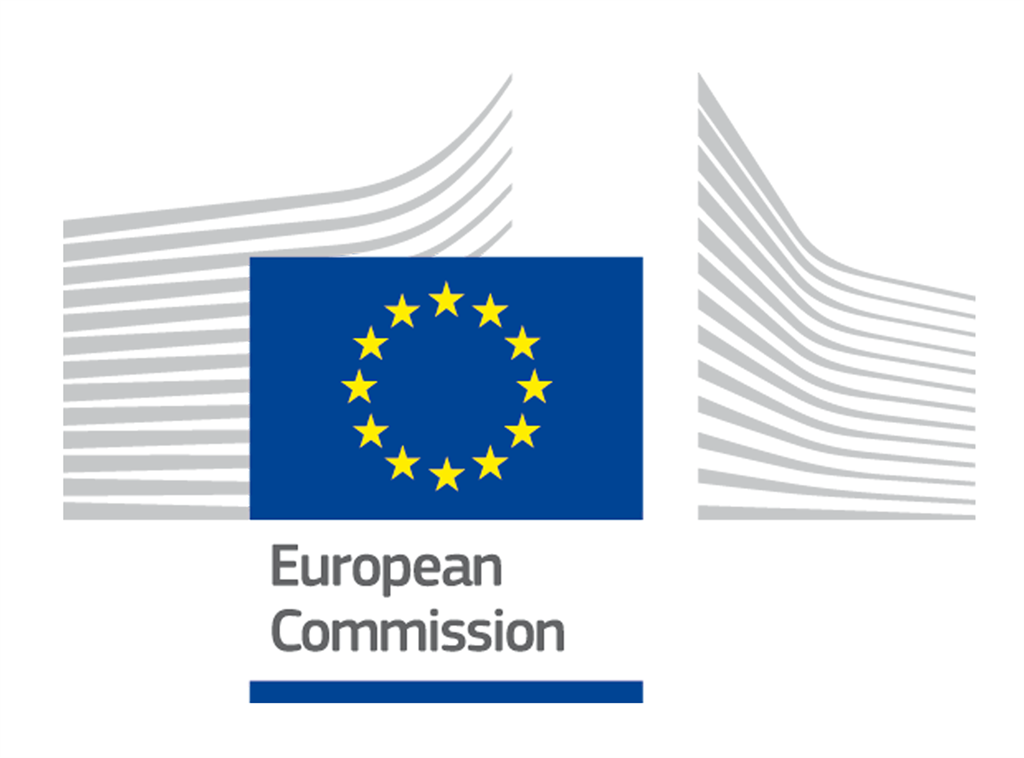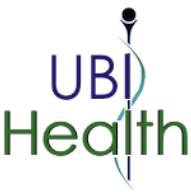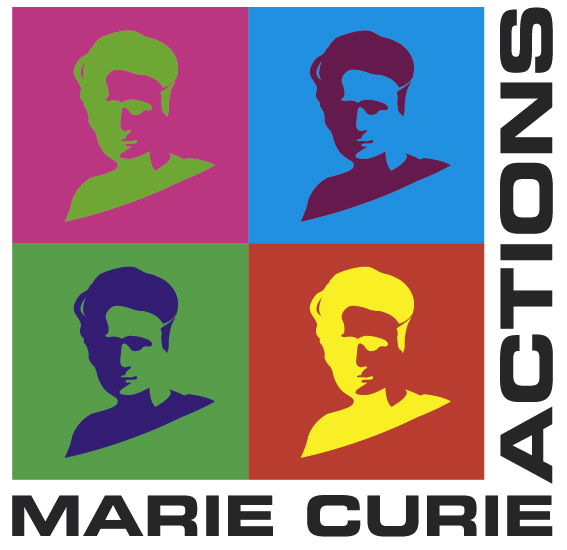
|
www.ubihealth-project.eu
|


|
www.ubihealth-project.eu
|


News

About Ubi-HealthHealthcare models are undergoing a fundamental shift from treatment-based approaches to preventative medicine. This shift can be witnessed throughout developed and developing world in various extents and has been necessitated as a consequence of increasing strain on healthcare institutions to deliver quality care. Due to demographic changes and increasing incidence of various lifestyle-related diseases (such as cardio-vascular for example) it is no longer sufficient to treat and then retreat a disease as required, without addressing the issue of lifestyle habits. The care provisioning costs of preventative medicine are lower in comparison to the treatment-based model, due to patients spending less time in healthcare institutions. Clearly, not all diseases can be prevented; however, preventative measures and lifestyle changes can significantly lower diseases incidence in general population. Therefore, preventative medicine model does not target patients only; general population is encouraged to lead a healthy lifestyle through various media campaigns and advice from physicians. Monitoring of health parameters and providing opportune feedback is of significant importance in realising preventative healthcare model. In this respect, there is a vast opportunity for technology to make a major impact on realising preventative healthcare model and establishment of new knowledge in treatment methods. The potential impact is not only in reducing the costs of healthcare provisioning and decreasing the strain on the resources, but also the potential of discovering new medical knowledge through sensing of phenomena, made possible because of advancements in sensing technology. The research work that investigates the role of technology in healthcare comes under the umbrella of Pervasive Healthcare research. Pervasive Healthcare is focused on working out how to cope with the next generation challenges in healthcare. Addressing these challenges will require expertise and knowledge exchange with countries beyond European borders as well as training of the next generation of researchers in order to gain the expertise necessary to be able to address the upcoming challenges. Moreover, research on Pervasive Healthcare has been conducted in several areas, ranging from assisting independent living at home, supporting hospital staff, promotion healthy habits, or providing care to for people with special needs. Each of the members of the consortium has worked in one or more of these areas and they will bring this expertise to the Consortium in terms of multi-disciplinary, methodological and technical approaches. The UBI-HEALTH program will create a stimulating research exchange foundation that will equip students from different continents with expertise in Pervasive Healthcare. The knowledge of requirements and available technologies for healthcare will be shared and become complementary between students, researchers and host institutions from Europe and the associated third countries. This will allow students to put this knowledge in use in their own context, improving healthcare provisioning and impacting on both preventative medicine and alternative means of treatment. The main focus of the exchange program is to enable new generation of researchers to adapt novel technologies in different healthcare contexts and establish a network of knowledge dissemination between Europe and third countries. |




The UBIHEALTH Project is funded by EC Marie Curie IRSES Program.
© 2013, Ubi-Health project
Page created: 16-Nov-2013;
Last modified: 11-Jun-2017